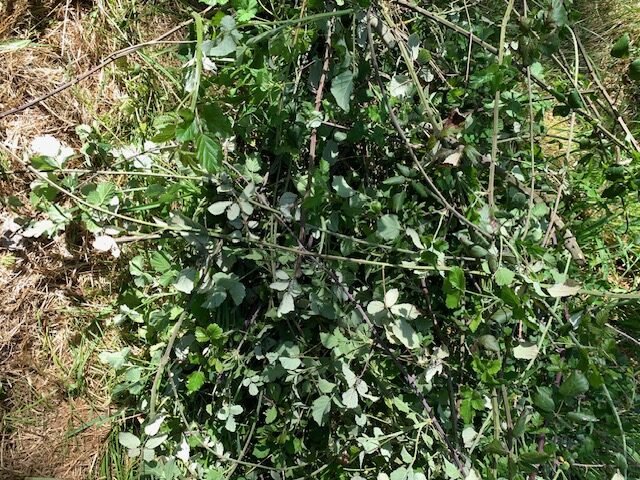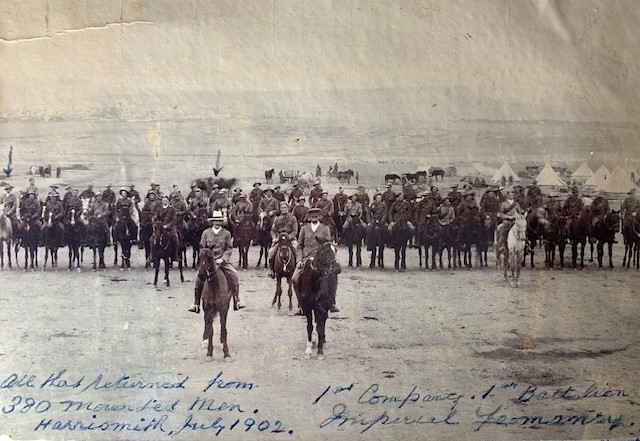
Humans are colonisers. So are insects, viruses, fungi, plants, brambles and other animals. Humans are animals and like other animals, we ‘colonise’ the environment in which we find ourselves to make it into our habitat. It’s our nature to do so as it’s the nature of all living organisms. Ask online and you are told that the Oxford dictionary defines ‘colonisation’ as the ‘noun’ of ‘the action or process of settling among and establishing control over the indigenous people of an area.’ This they state is not biological colonisation. But I wonder if the colonisation of other people isn’t driven by human biology at base. Moreover, the dictionary suggests, that colonialisation only began in 1492 with the development of the caravel – a more navigable sailing boat that owed its success to Arab technology. This definition looks dubious to me and it’s loaded with fraught interpretations and moralities. Could this mean that the Roman Empire did not colonise Britain and the Mughal Empire did not colonise India? What if any, are the different ways colonial powers and Empires behave?

Colonial inheritance
I grew up the child of colonisers in an imperial British colony so what am I and what does this definition make me into? Can I ever be something else? Was I born inside a colonial caul of imperial steel mesh that I didn’t choose and can never escape from? Can humans stop colonising? At what point do the children of colonisers become natives of the once-colonised land? After one generation or six? Here are some questions – are there only two types of people on the planet – colonisers and colonised? Can colonisers become the colonised and what changes does that make in their natures? If both colonisers and colonised are humans what does that mean? If humans are by nature colonisers, what and how can we change in that given state and should we? Are there any benefits that colonisers bring and the colonised enjoy?
Technological advantages and perils
Human creatures walked out of Africa and colonised both animals and the world with the technological advantage given by their use of stone tools and fire. Since then humans have been empowered by and kept dependent on technology while continuing to behave like animals killing, raping and enslaving other humans who resist domination. Is it possible to identify a civilisation and culture that did and still doesn’t survive by colonising its habitat, environment and other humans? If technology is the key that makes it possible for one group of humans to colonise another it might be accurate to say that it’s technology that drives humans to colonise so perhaps we should fear the control AI may soon have over us. Technological inventions helped create industrialisation which fed on and was fed by the need for minerals and markets and eventually began the late 19th-century Scramble for Africa that made Africa my home. I’m not for the domination of any other group of people by colonisation and I worry about the human colonisation of the moon and stars, and space, and Mars but what can an individual change?
White skin colonisation
Recent comments have suggested colonisation was invented and was and is carried out by white-skinned people. Is that idea of value? South Africa some commentators say, was colonised by white people who were also responsible for apartheid. The British colonisers were indeed racist but apartheid was imposed by an African tribe of pale brown, rather than white, people known unsurprisingly as Afrikaners whose South African origins went back to 1652 and who had fought two guerilla wars against the British colonial imperialists and not been defeated. I had two great uncles in the Imperial Yeomanry. Was apartheid a colonial imposition or just another misguided form of tribalism that takes place all over the world? Doesn’t successful colonisation depend more on superior technology than the dubious advantages of fragile white skin? On the delicate matter of skin, Palestinians and a majority of Israelis share the same ethnicity and origins and have the same human rights so is skin colour relevant as a factor in this conflict. The people on both sides have suffered displacement and lived in diasporas so talking of colonisation may be unhelpful. Both peoples belong in the Middle East. In 1948 when the first Arab war against Israel began technological knowledge wasn’t an evident advantage while numbers were on the Arab and Palestinian sides. All these factors keep on changing fast and don’t necessarily remain a permanent disadvantage.
Trade, Food and AI Colonisation
The global commercial world seems to be entirely managed by China. That too is a form of colonisation. Our food comes from all over the world including places that are not colonised – is it possible that our appetite to eat has colonised the world of food production and made it into agribusiness? Are we using digital technology to colonise the world – or – are we instead being colonised by Artificial Intelligence and virtual reality?
Colonising women and human rights
While the cruellest most savage colonisations seem to have been those where humans are easily distinguished by appearance it is still true to say that there are patriarchal cultures who ‘colonise’ the women of their society in ways that are also brutal and extreme. Is this the primary human colonisation? Despite our animal nature, our colonisations and our wars, humans continue to struggle towards a realisation both spiritual and actual of equal human rights for every human no matter their ethnicity or gender. Let’s keep on trying to do that.
3 Comments on “Humans and colonisation”
One thing that I have admired in the work of some scholars studying colonisation and imperialism, and contesting the ‘fatal impact’ approach, is their interest in the extent to which the colonised simply ignored the colonisers.
Dear Amaryllis – apologies for taking so long to say thank you for your interesting and pertinent comment. I set off on several weeks travel at the time you posted this. I think the fatal impact approach to colonisation and imperialism is disabling and turns humans into victims and bullies – none of that helps us understand the complexities of being part of humanity and it’s desperate new to survive, discover new technologies, make new art and find solutions to the messes we’ve made.
I enjoyed reading this. Let’s look at what happens when there is no colonialization. Thailand has never been colonialized. We appreciate their national pride, their sense of easthetics in all they do, their ability to be at peace with themslves.